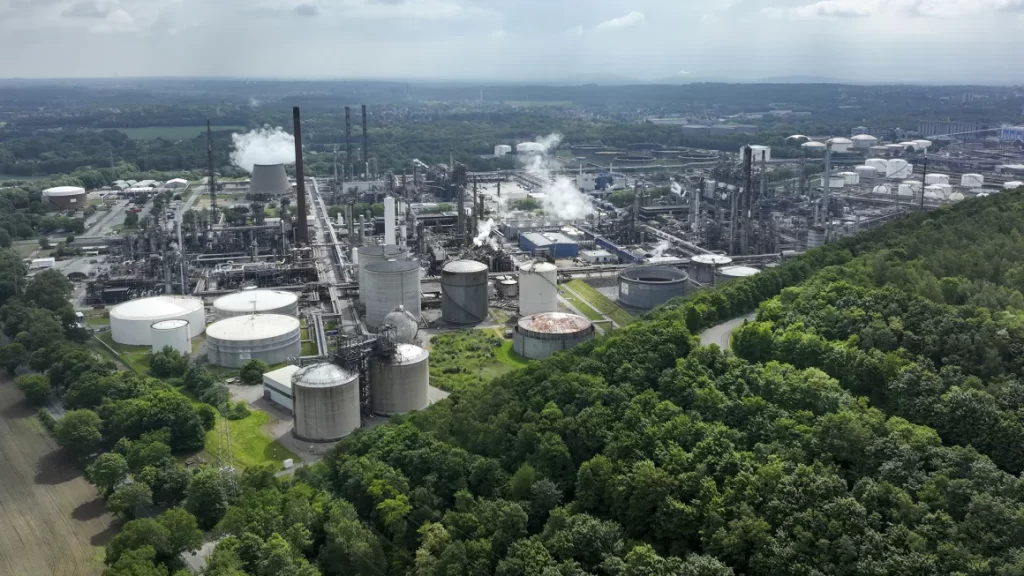BP has announced a significant strategic shift, drastically reducing its investment in renewable energy while increasing spending on oil and gas. The company will now allocate $10 billion annually to oil and gas, aiming to boost profits and shareholder returns. This move reverses previous commitments to reduce fossil fuel production and expand renewable energy investments.
The oil giant has cut its planned annual investment in energy transition businesses by over $5 billion, now budgeting between $1.5 billion and $2 billion per year. CEO Murray Auchincloss emphasized a “reset BP” focused on shareholder value, stating they will be “very selective” in renewable investments.
This decision marks a departure from the company’s 2020 pledge to cut oil and gas output by 40% and rapidly expand renewables, a target already reduced to 25% in 2023. BP now intends to increase oil and gas production.
This shift reflects a broader trend in the energy sector, where companies are returning to fossil fuels due to higher returns driven by rebounding prices. BP is also seeking to regain investor confidence after underperforming its peers and facing pressure from activist investor Elliott Investment Management.
Analysts like Allen Good from Morningstar view the refocus on hydrocarbons and reduced renewable spending as positive for BP, potentially improving its balance sheet and returns through asset divestitures. However, concerns remain about limited production growth.
BP is also reviewing its Castrol lubricants business and plans to divest $20 billion in assets by 2027. The company intends to increase its dividend by at least 4% annually and expects to buy back shares worth $750 million to $1 billion in the first quarter.



